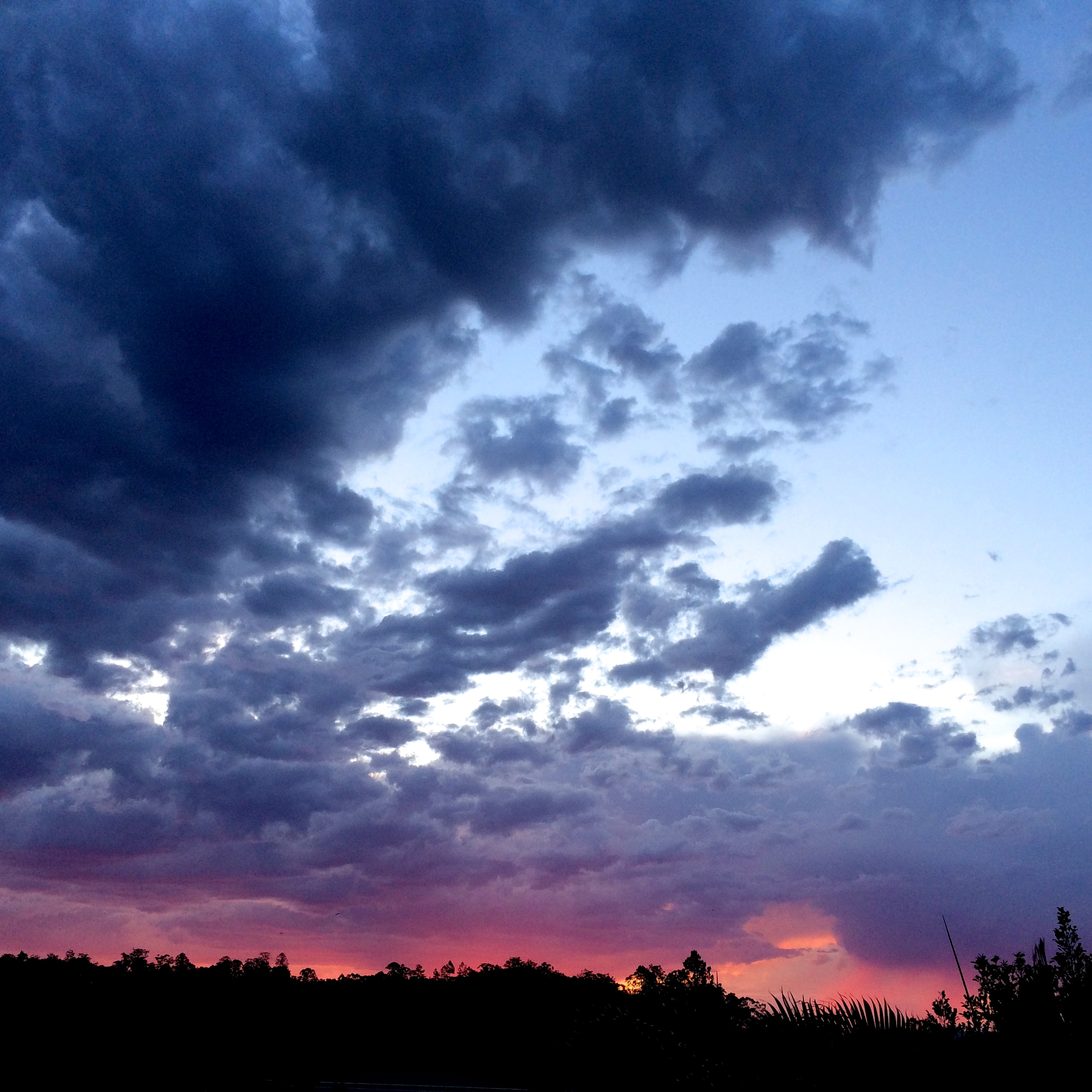”Belonging then is a school of love where we learn to open up to others and to the world around us, where each person, creature, and thing in our world is important and is respected.” Jean Vanier Becoming Human
I’m standing at the bus stop in Toronto’s west, waiting for the 195 to take me to the Jane Street subway station.
I start chatting with a woman from the Philippines. She’s looking after a toddler in a stroller. She’s been in Canada for six years and she got married two years ago. Her husband is still in the Philippines. She’s hoping all his papers will be in order so he can immigrate to Canada by the end of the year.
Every night in Toronto and every morning in the Philippines this woman in her summer dress the colour of blood oranges Skypes her husband. Every night in Toronto and every morning in the Philippines they eat together, talking and sharing. She has a late dinner, he has an early breakfast.”I can’t touch him or hold him or kiss him,” she says, ”so we eat together.”
This is, I think, a little world of belonging.

Jean Vanier, Canadian humanist, philosopher and theologian, dedicates an entire section of his 1998 Massey Lectures to the idea of belonging. These lectures were in turn published in the collection Becoming Human. (Since 1961 CBC Radio has broadcast annual Massey Lectures Series where contemporary thinkers such as John Kenneth Galbraith, Martin Luther King Jr., Doris Lessing, Noam Chomsky, Margarent Atwood address a certain issue.)
Vanier is probably best known for starting L’Arche communities, which bring together people with disabilities and their caregivers. L’Arche works under the principle of ”being with, not doing for.”
Vanier learned from living with people with disabilities that to be human is to accept our weaknesses and those of others. ”Weakness recognized, accepted, and offered, is at the heart of belonging, so it is at the heart of communion with another,” he says. It reminds me of US academic Brené Brown’s discovery that vulnerability was the core of being a whole-hearted person.
After reading and re-reading Vanier, I’m still getting a handle on how I can open up to belonging, how I can incorporate Vanier’s teachings into my year-long experiment in searching for belonging in this foreign land.
I do not have to fit an Australian mould. I do not have to behave like everyone else here. I can be different. I can be open and honest and hope people respond to me. It’s not going to be easy to do this, just as it’s not easy to understand all the complexities of belonging and our human need to belong. But I’m sure it will be worthwhile.
Belonging is about being able to share without fear of judgment. Belonging is based on trust, on trusting the people around us so that we can allow ourselves to be weak, to be vulnerable and to grow as humans.
According to Vanier, if I feel appreciated for my weaknesses and if I feel that I have a place and I am valued for who I am, with all my flaws, then I should have a sense of belonging. Certainly this is a simplification of Vanier’s lifelong work but I have a feeling he’s going to be popping up a lot in the future. And even though he’s Roman Catholic and I’m an atheist, I’m sure we’re going to get along just fine.
Vanier’s teachings make sense to me but they run counter to a lot of ideas in today’s society where extroverts are valued and introverts dismissed, where the weak are dominated, and where everyone is supposed to be so productive all the time that there is little room for thinking. Despite all our innovations and technology I would hesitate a guess that more and more people are feeling marginalized. That fewer people have a sense of belonging.
Belonging is inclusive, not exclusive.
Belonging is sharing a meal over Skype even though you’re half a world away.


